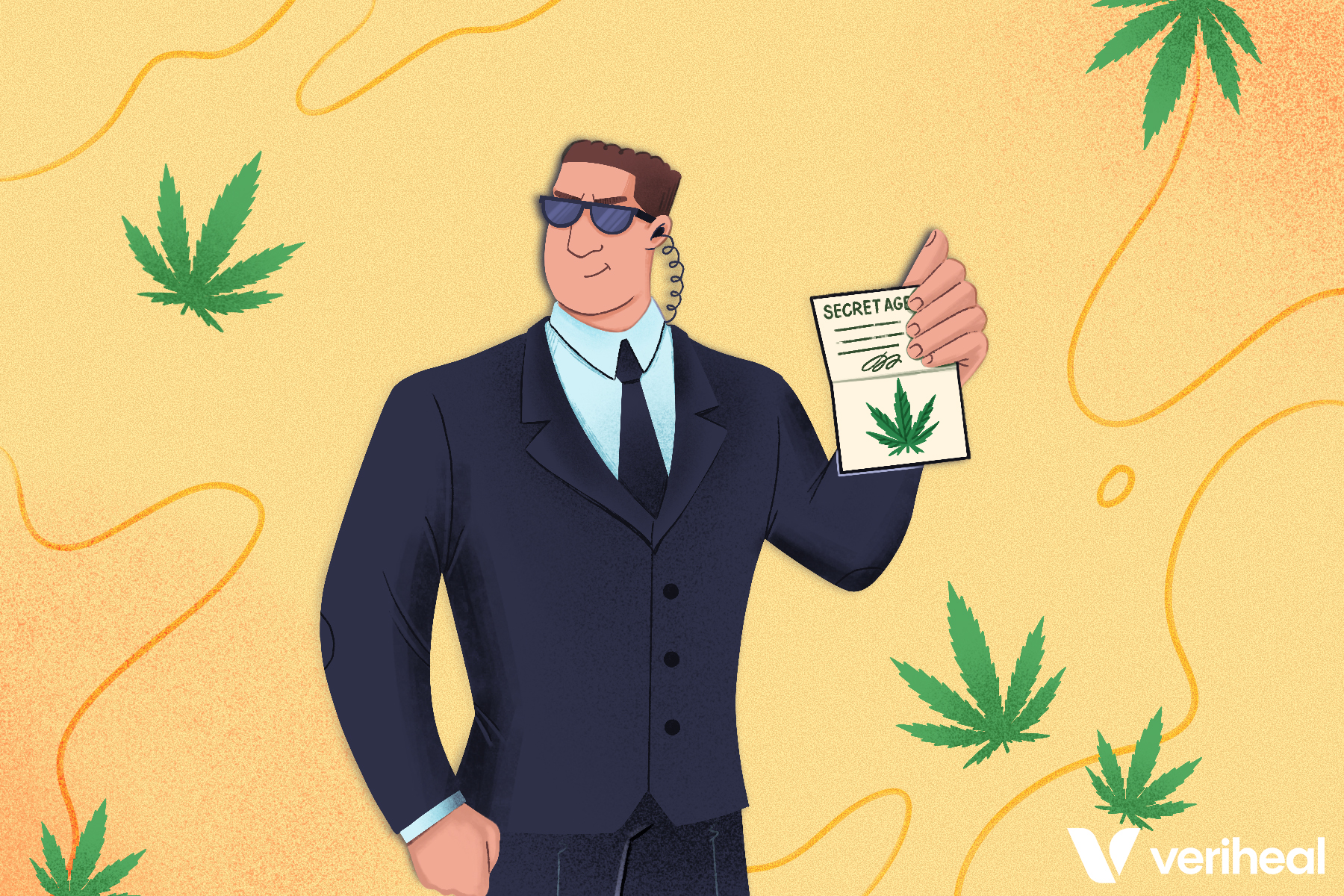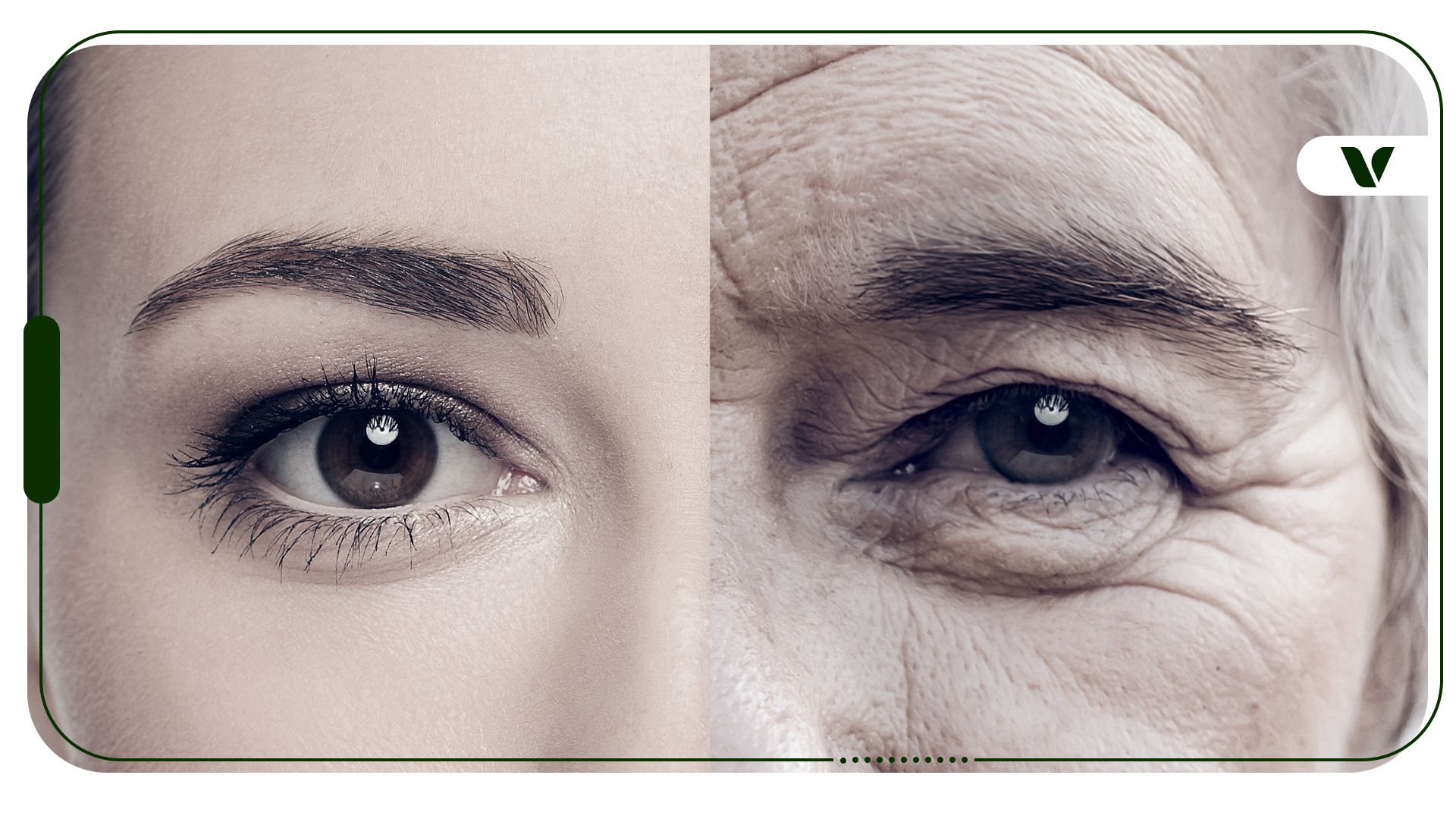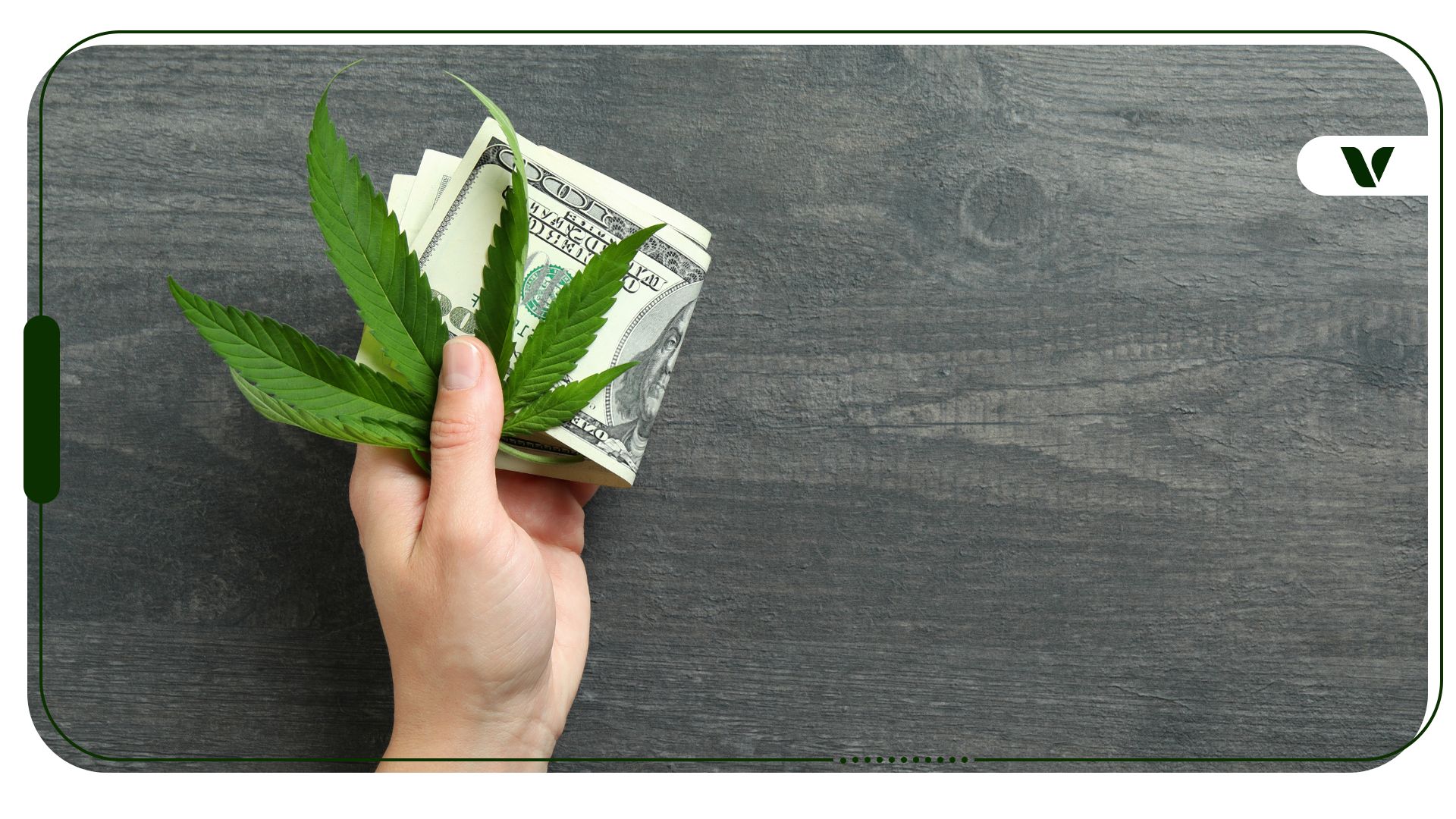The U.S. Secret Service (USSS) recently loosened its applicant drug use policy to be more accommodating to past cannabis consumers. Candidates of all ages can now apply to join the agency if they have abstained from marijuana for one year before applying. Before this policy, cannabis use within the past three years led to automatic disqualification.
Prior to the announcement, the Secret Service’s drug policy called for immediate disqualification of persons with a history of using cannabis. In light of this, CNN reported that “too many potential recruits were being disqualified by the agency’s strict drug policy.” Now, while assessing applications, the agency reviews the length of time since a candidate last used cannabis and when they applied for the Service.
USSS Scraps Age-Based Cannabis Use Policy
According to the previous age-based policy, candidates below the age of 24 were expected to provide evidence that they hadn’t used cannabis for at least a year. Applicants that were above the age of 28 were expected to be free from cannabis for at least five years. With the new policy, candidates of any age become eligible to apply to the USSS one year after last consuming cannabis.
Cannabis is increasingly being legalized in many U.S. states, and the negative disposition towards the substance is gradually reducing. As such, it is almost impossible to find qualified candidates who have not consumed weed before.
USSS’s employment policy also includes the use of hemp and cannabidiol (CBD) products in its Drug History Consideration. Candidates who have used or purchased CBD, medical hemp products, over-the-counter hemp-derived products, and other such legal products within 12 months of their Secret Service application will be examined for eligibility “on a case-by-case basis by adjudicative personnel.” Over-the-counter products include lotions, oils, shampoos, food, and dietary supplements.
A section of the revised policy that was carried over from the initial one draws an unusual difference between the personal use and recreational use of cannabis. Personal use of cannabis refers to its use with friends and relatives (including immediate family members). Recreational use refers to any sale, cultivation, or distribution of marijuana aside from personal use that is not aimed for income or profit.
Why You Should Get Your Medical Marijuana Card
Veriheal has satisfied millions of patients nationwide by giving them access to these benefits
- Larger purchase limits
- Peace of mind
- Enhanced legal protection
- Access to higher potency strains
- Save up to 25% on cannabis purchases
- Skip the line at the dispensary
The quantity sold, cultivated, or distributed will also be considered. Any candidate that has sold, cultivated, or distributed marijuana for personal or recreational use in the past 10 years will not be accepted.
Moving Toward a Cannabis-Friendly Workforce
The policy change hopes to give the younger generation living in a more evolved society where cannabis is prevalent the privilege to serve. The new drug policy is anticipated to ensure the recruitment of up to 10,000 new employees in the coming years.
Despite the decision not to discount candidates that smoke a little weed, the Secret Service would still be strict in its interview process. Extensive background checks, as well as a polygraph, will still be carried out. Credit checks and vision tests are also crucial for recruits.
The Federal Bureau of Alcohol, Tobacco, Firearms, and Explosives (ATF) has also revised its marijuana rules for applicants. Persons who have sold, grown, or manufactured cannabis following state laws while holding a “position of public responsibility” are eligible to apply.
The federal Office of Personnel Management (OPM) also issued a memo stating the need to handle past marijuana use more leniently. The memo advised against denying candidates because of cannabis use and instead called for hiring on a case-by-case basis.
In 2021, Biden’s administration instituted a policy that authorized certain workers who admitted to marijuana use in the past to be granted waivers. However, some lawmakers pushed for more reform. In 2022, Rep. Jamie Raskin mentioned at a congressional hearing on cannabis legalization that he planned to file a bill to stop federal workers that use pot from being denied security clearances.
Marijuana advocates are pleased to see that many official organizations are reconsidering their stance on cannabis use. For example, the National Football League (NFL) has announced that players are allowed to use medical cannabis if prescribed by medical experts.
Author, Share & Comments








